News & Events
-
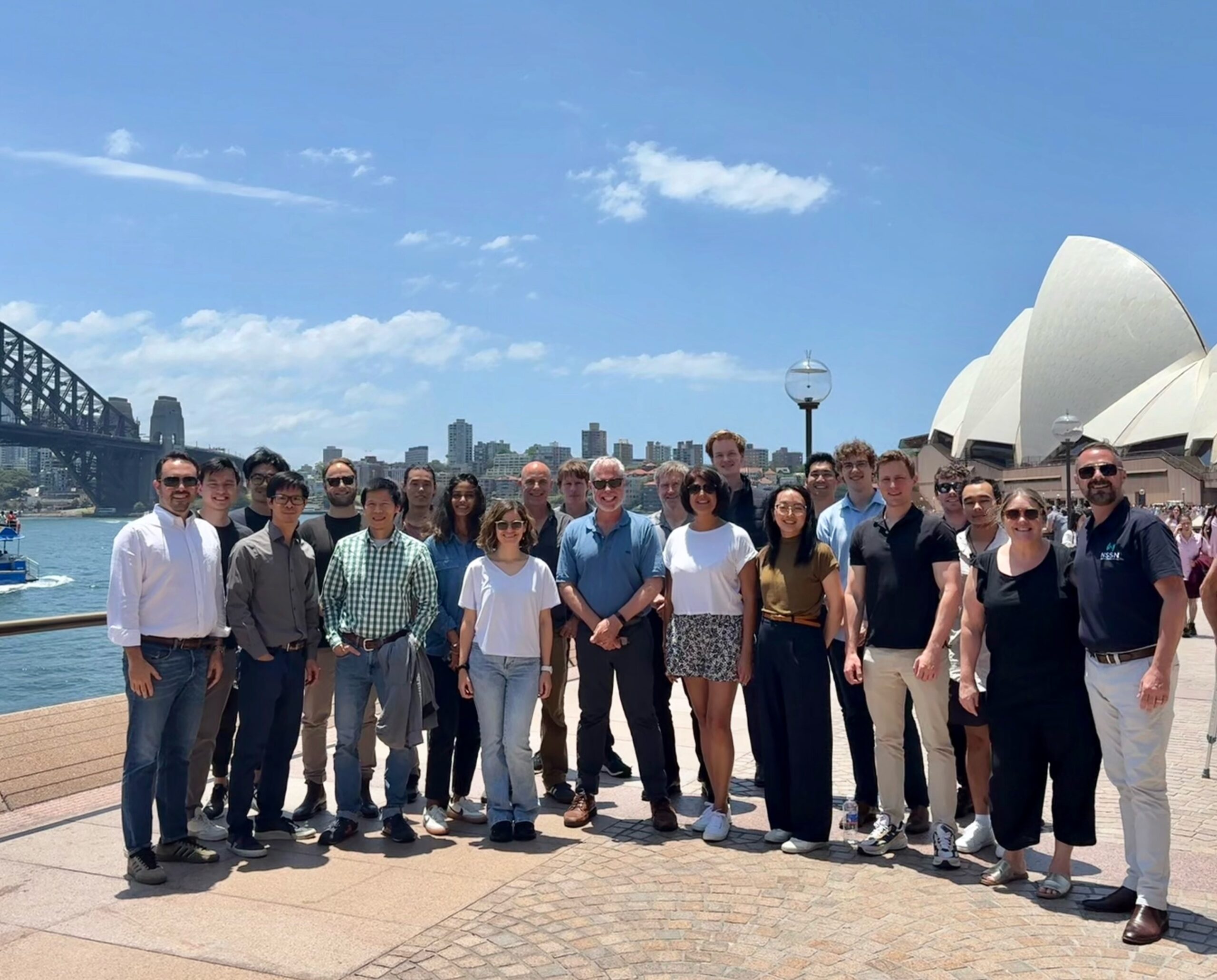
2024 Annual Retreat
—
in BlogThe Eggleton Research Group gathered for their annual retreat at the CBD in Sydney. Great…
-
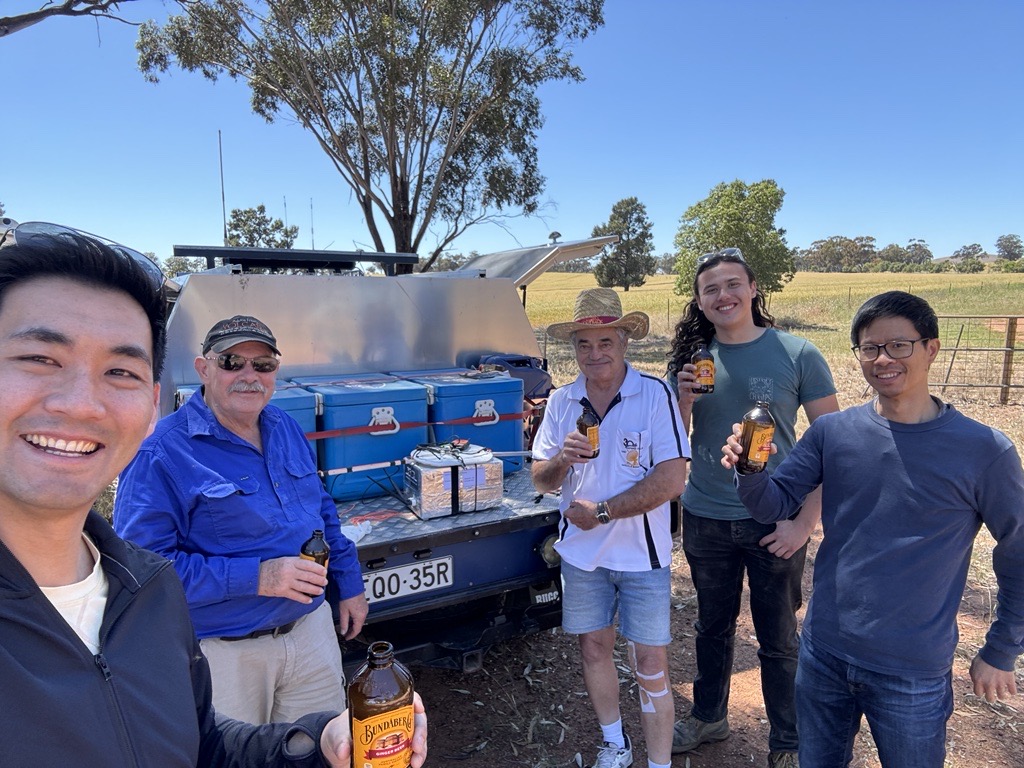
2024 Eggleton Research Group Highlights
—
in BlogDuring the AAS team field trip to Williamtown, James’ hard work came to fruition, with…
-

5-year Milestone for JSSL
Ben Eggleton’s JSSL team celebrated their 5-year anniversary on Friday at the Nag’s Head Hotel,…
-

Harjit Rana promoted to Associate Director, Design, Translation and Engagement
—
in NewsWe are pleased to announce Harjit Rana’s recent promotion to Associate Director, Design, Translation and…
-

Photonic chip that ‘fits together like Lego’ opens door to local industry
Integrating photons into electronic chips expands bandwidth and filter control New semiconductor architecture integrates traditional…
-
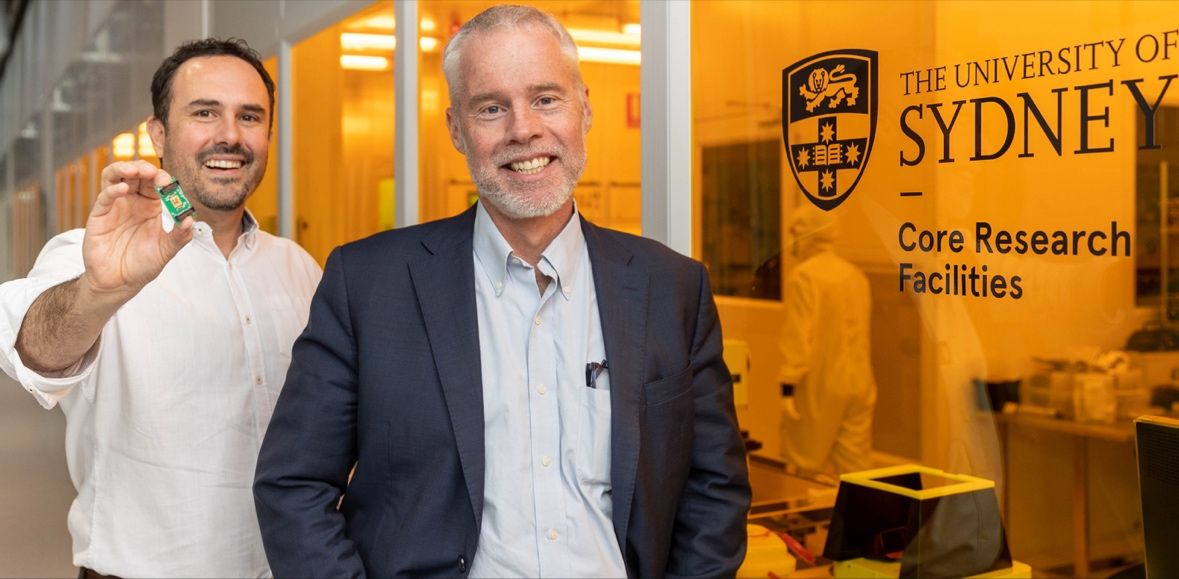
Integrated microwave photonic notch filter using a heterogeneously integrated Brillouin and active-silicon photonic circuit
Microwave photonics (MWP) has unlocked a new paradigm for Radio Frequency (RF) signal processing by…
-
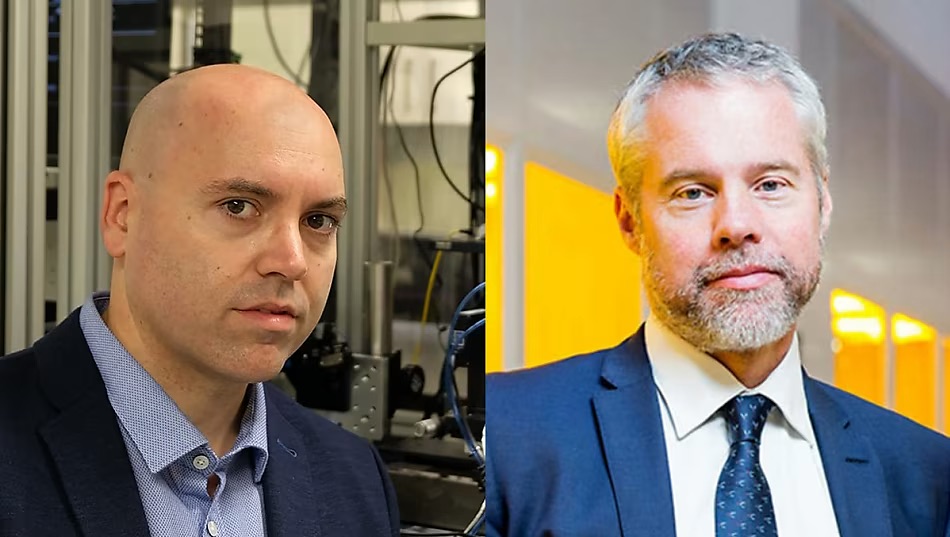
The technology that can safeguard Australia from external threats and natural disasters
Opinion: The current wars in the Middle East and Ukraine are changing the landscape of…
-
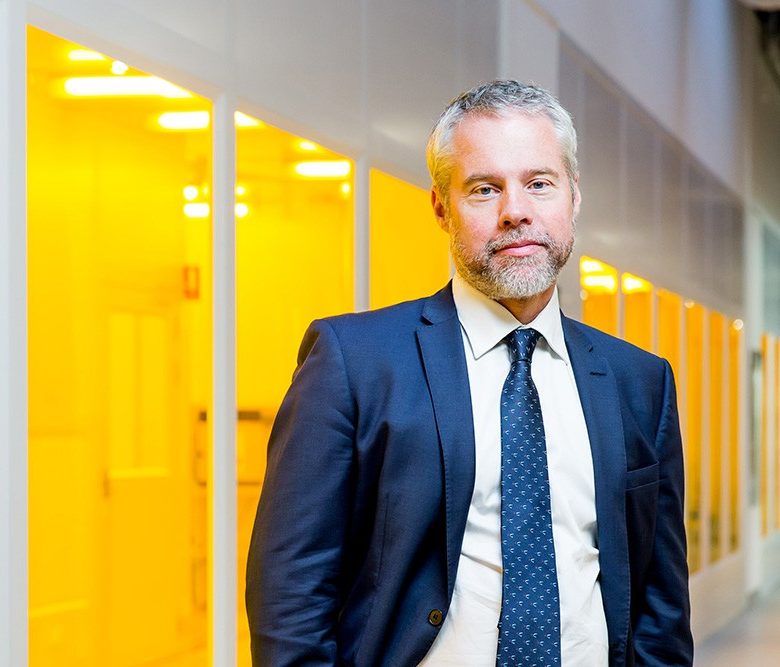
The device that can remotely monitor your breathing: as tested on cane toads
Proof of principle for human vital-sign detection in clinical environments A new photonic radar system…
-
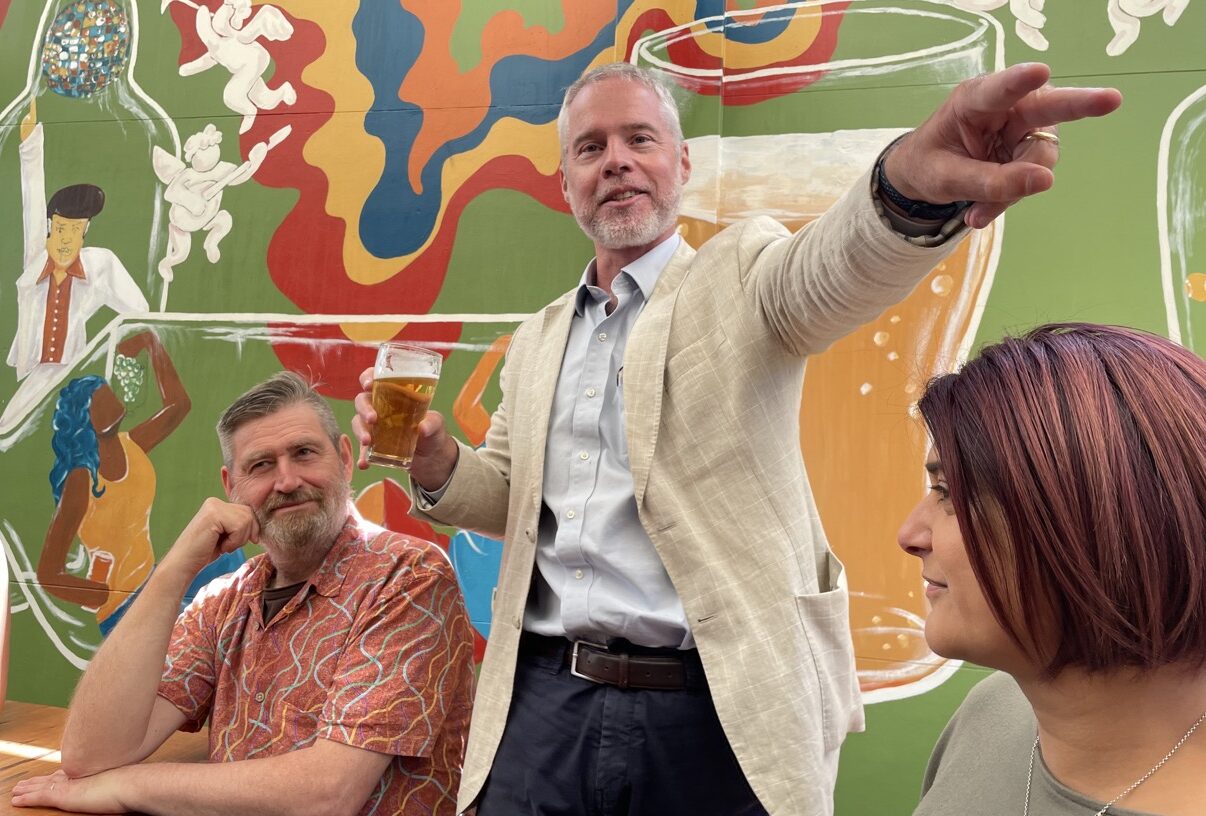
Eggleton Research Group Christmas Party 2022
—
in BlogThe Eggleton Research Group celebrates the end of a productive and successful 2022 at The…
-
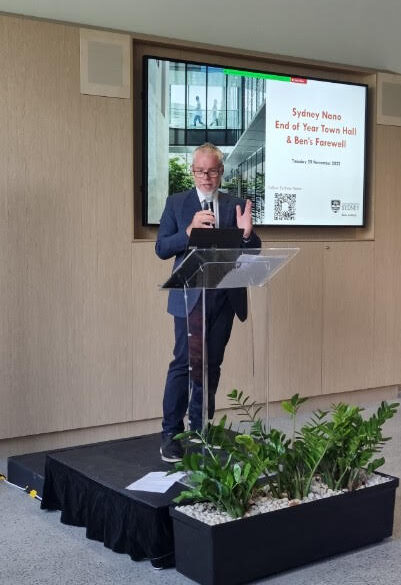
Ben Eggleton Celebrates the end of his tenure as Director of Sydney Nano
—
in BlogA good time was had by all at @SydneyNano’s Town Hall combined with Ben Eggleton’s…
-
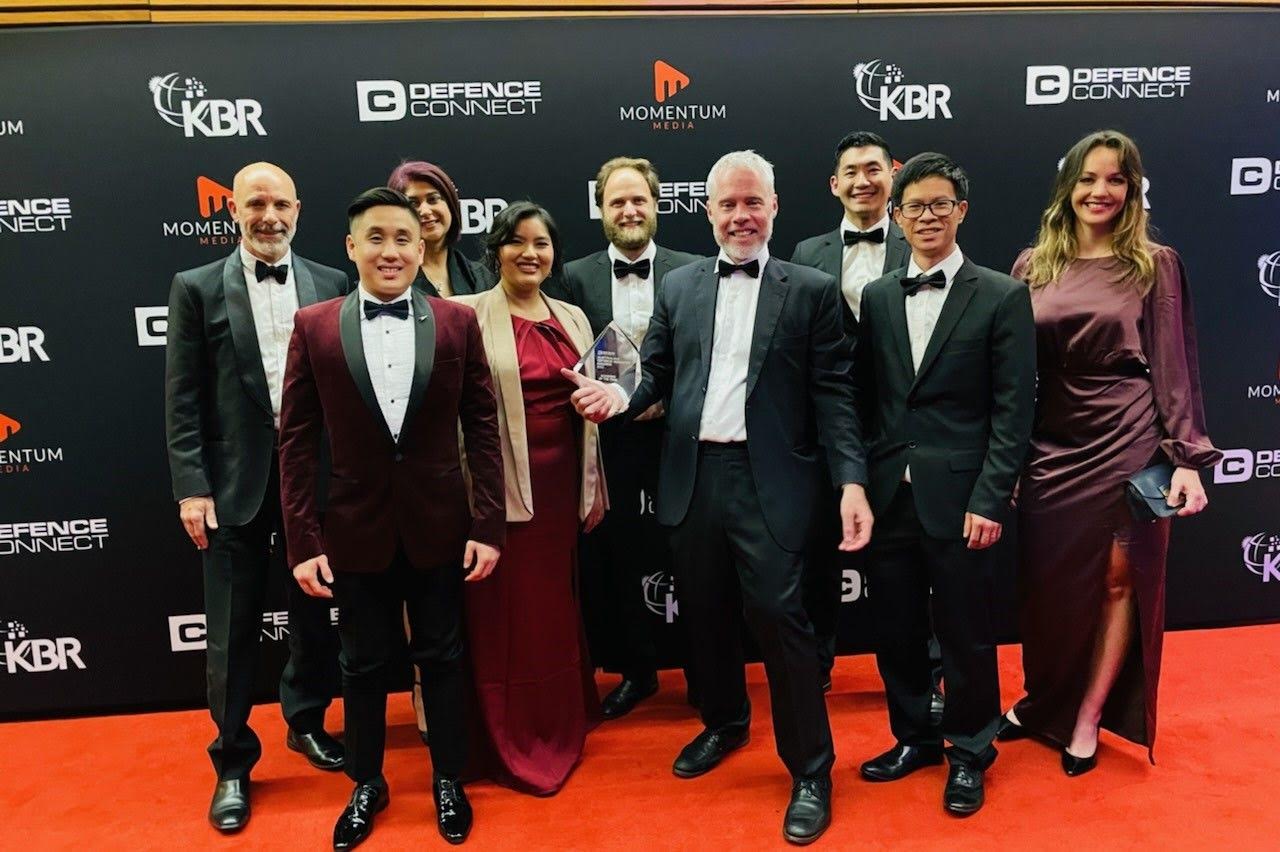
Benjamin Eggleton wins the Academic of the Year at the Australian Defence Industry Awards 2022
—
in NewsCongratulations to Benjamin Eggleton for winning the Academic of the Year at the Australian Defence Industry Awards…
-
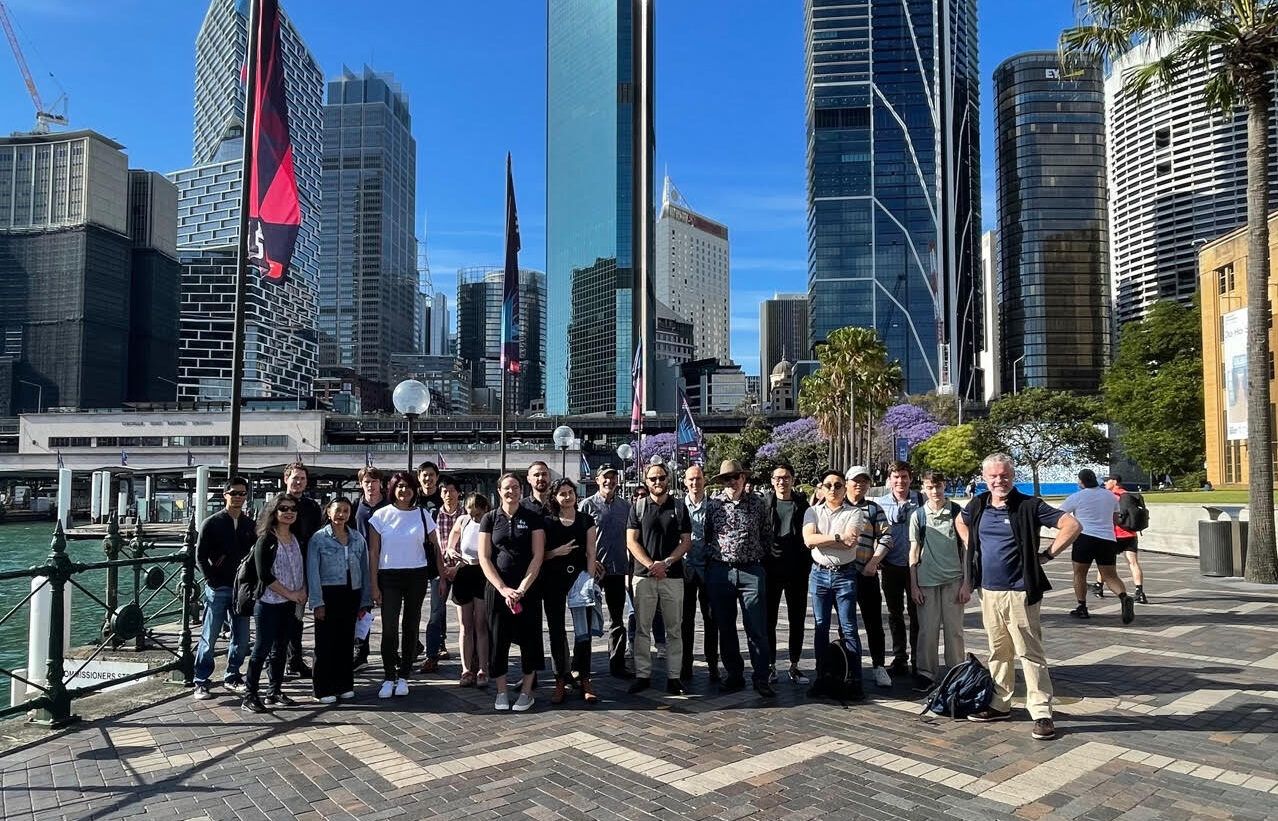
Eggleton Research Group 2022 Annual Retreat
—
in NewsThe Eggleton group had a fantastic day on Cockatoo island in Sydney Harbour for their…